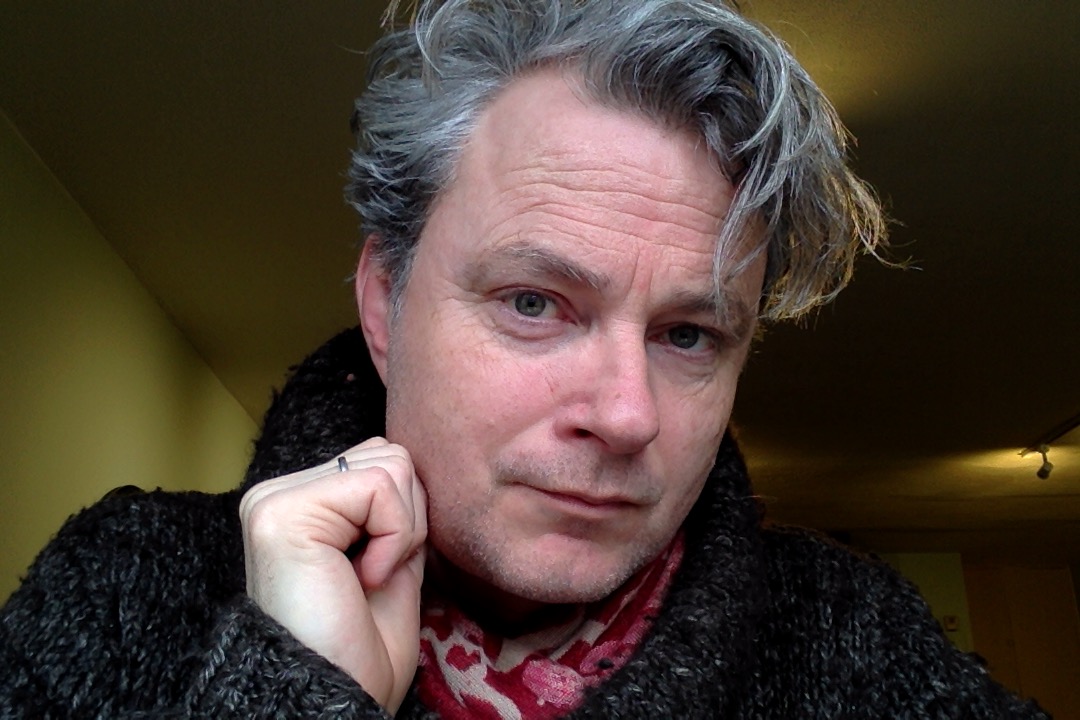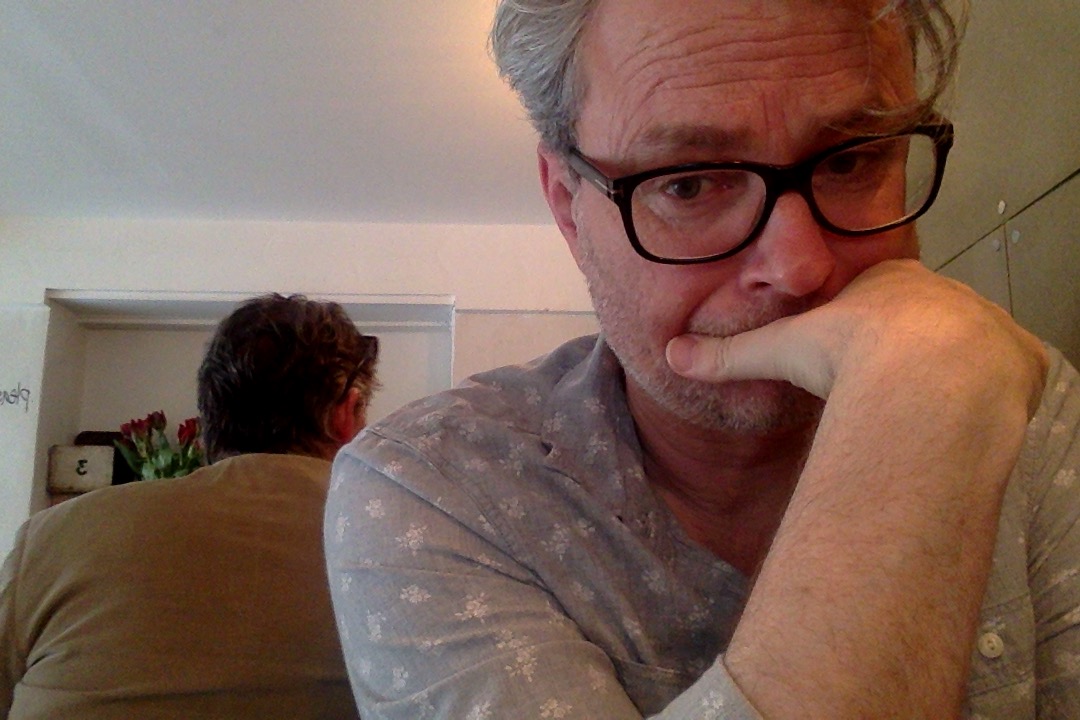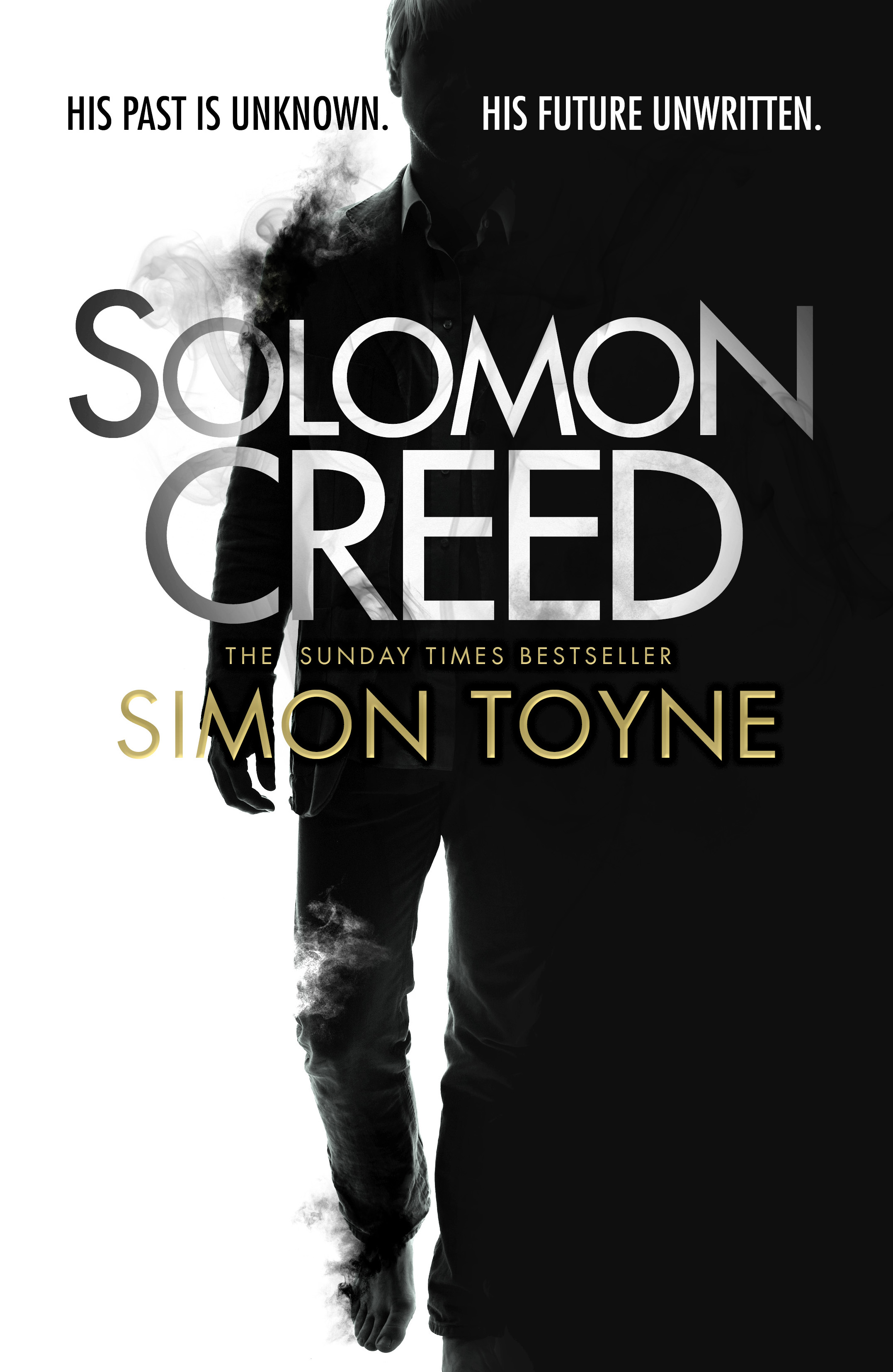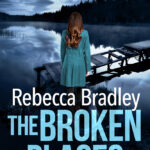This post was supposed to go live on Saturday, as part of Simon Toyne’s Solomon Creed blog tour, but, I made a huge error and forgot to schedule it on Friday before I went away for the weekend on Friday. (Friday was a bit of a disaster for me!) So huge apologies to Simon and thanks to him for doing the Q&A and for being so great about my messing up at the weekend.
Anyway, here is Simon Toyne’s First Draft process! 
Simon Toyne is the bestselling author of the Sanctus trilogy – Sanctus, The Key, and The Tower – and now The Solomon Creed series.
He wrote his first novel, Sanctus, after quitting his job as a TV executive to focus on writing. It became the biggest selling debut thriller of 2011 in the UK and an international bestseller. His books have been translated into 27 languages and published in over 50 countries.
He lives with his family in Brighton and the South of France.
When you decide to write something new, what is the first thing you do?
Take a deep, deep breath, like I’m about to start walking up a big mountain – because I am.
Normally before this deep breath I’ve been thinking about it for some while, going through old ideas files and reading and thinking a lot until the grit of something lodges in my head and starts accreting other thoughts and ideas so I start believing that it might – might – over a long period of time and patience end up as a pearl.
Do you have a set routine approaching it?
Thinking. Reading. Watching things. Listening to music.
I normally know the end of a book first, the destination point, and work backwards from there. I start to think about big things like where the story should take place and who the story is about. Everything grows out of the needs of the story really. I come from a TV background so it has been ingrained in me to plan and work out the structure of things before attempting anything ‘creative’. Structure is crucial, it’s essential to good storytelling (imagine a joke with the punchline at the beginning) so I work on this as much as I can ahead of writing, working out the heartbeats of the story and trying to put them in the right order. I also start a character document and spend lots of time – probably too much because it’s fun – looking at photos to try and figure out what my characters look like. Again I think this comes from my TV background, this need to visualize things first, or maybe it goes back further than that, which is why I ended up working in TV in the first place.
Pen and paper or straight to the keyboard?
Keyboard.
My thinking is quite non-linear so I tend to splurge it all out and chop and change things a lot during the process. If I did it on paper it would be very wasteful and I would destroy too many trees and permanently smell of glue – and those days are behind me now.
How important is research to you?
Research is as important to my process as a chair is, in that it helps immensely but the reader shouldn’t even be aware of it.
How do you go about researching?
Normally I need to research something specific to help me shape the story up front, but then I research things as I go along as the story throws up new things I need to know. The new book is set in Arizona, for example, so I went there for a week, driving around, taking photos, talking to people, just getting a sense of the place and experiencing what it smelled and sounded like. You can look up pictures of the desert on the internet and even drive down the interstates with Street view but you have to go there yourself to know what the desert smells like in the rain.
One tip I would pass on to other writers, something that has helped stop me from being distracted by the potential rabbit-hole of research, is to make stuff up. If I’m in the flow of something I will switch to CAPS and make up what I hope the truth about something might be then I go back and check it later. Often my educated guess is pretty close to the truth. Sometimes it’s way off and the truth is much better. Occasionally the truth is really dull and so I stick to the thing I made up, possibly embellished by a few baubles of truth. I have a Post-It (one of many) on the wall of my office with a Tom Stoppard quote on it that reads – ‘Just because it’s true, doesn’t make it interesting.’
How do you store everything; ideas, research, images that catch your eye?
Everything goes onto my laptop. I don’t use Scrivener or anything like that, I organise everything myself.
The first thing I do is create a new folder with the working title of the book and put it in the ‘NOVELS’ folder that sits on my desktop. Into this new folder I create three other new folders, one named ‘RESEARCH’, one named ‘DRAFTS’, and one named ‘OUTLINES’. ‘RESEARCH’ fills up first with photos and documents and notes, everything really that isn’t a draft or an outline.
Tell us how that first draft takes shape?
I’ll create the first outline document and keep adding to it until it has a rough shape (by which I mean a beginning, middle and end). Then I duplicate it and start adding to the new version. I always reach a stage when I kind of know the beginning and know the end and am a bit hazy about the middle and this is generally when I start writing. I open a new document, call it Draft 1 and give it a date and start work. I aim to write about 1,000 words a day (which is 3 pages of double-spaced, Time New Roman 12 point). This is enough so that each day the story will move forward.
I start each day by duplicating the previous day’s work and renaming it with that day’s date. This means if I cut something, or get stuck, or lose my way I can always go back to a date when I knew what I was doing. And everything is automatically backed up to iCloud just in case I spill tea on my laptop.
Are there any rituals you have to do or items you must have with you while writing that draft?
I try and stick to the 1,000 words a day thing when I’m writing. My first drafts tend to end up at between 120-140,000 words long, so I know it should take me 140 days to produce a first draft – roughly 5-6 months including weekends and time off for good behaviour.
The only items I need are my laptop and food.
Does the outside world exist or are you lost to us for a period of time as the magic works?
If you saw me in the middle of a book you wouldn’t be using the word ‘magic’. Writing is a craft and a discipline and I find it quite hard. If any magic happens it does so in the mind of the reader, and only if I’ve done my job properly.
Writing is hard. Not ‘eking-out a-living-on-a-third-world-landfill-site’ hard but still hard. I’m a relatively gregarious animal and you can’t write a book without spending a lot of time alone and sinking into yourself, and I find that difficult. Like most people I’m always trying, and largely failing, to strike a balance between work and life. If I’m working I tend to feel guilty that I’m not spending more time with my family and if I’m having a lovely time with my family there’s always a small voice in the back of my head whispering ‘you should be writing.’ Having said all that I am also aware that I am the luckiest bastard alive to be able to earn a living from doing what I do, so I should probably shut up.
What does your workspace look like?
 I have an office with a big desk and shelves filled with books but I tend to work better if I convince myself that I’m actually bunking off so I don’t seem to spend that much time there. Lately I have got into a routine of dropping my two eldest kids off at school then spending the day in a lovely cafe in Brighton called Marmalade, which is conveniently owned by my friend Tania. I sit in the corner and they let me plug in and turn a blind eye to the fact that I make a flat white last for hours. I have lunch there too. It’s like an office with great coffee and good food. Nick Cave lives round the corner and he pops in sometimes too. I’ve noticed he favours the same table as me. Steve Coogan and David Dimbleby have also turned up from time to time – though never together.
I have an office with a big desk and shelves filled with books but I tend to work better if I convince myself that I’m actually bunking off so I don’t seem to spend that much time there. Lately I have got into a routine of dropping my two eldest kids off at school then spending the day in a lovely cafe in Brighton called Marmalade, which is conveniently owned by my friend Tania. I sit in the corner and they let me plug in and turn a blind eye to the fact that I make a flat white last for hours. I have lunch there too. It’s like an office with great coffee and good food. Nick Cave lives round the corner and he pops in sometimes too. I’ve noticed he favours the same table as me. Steve Coogan and David Dimbleby have also turned up from time to time – though never together.

Edit as you go or just keep getting words out?
At first I edit as I go then, too much probably. Then, when the deadline starts to press, I sink into the word mines and chisel as many of them out and as fast as I can until it’s done.
I see many writers counting words in a day. Word counter or other method of keeping track of progression?
Word count is a pretty good way of keeping tabs on progress, though this doesn’t always work out. I tried writing ‘Solomon Creed’ in a slightly different way to the trilogy. The main character is very complex and I was spending far too long thinking about him and his story in the abstract so I decided to try writing it out without a detailed outline to see where it would take me. Where it took me was to a first draft that clocked in at 182,000 words. I ended up re-writing 65% of it and delivering the book very late. Fortunately I have a very understanding editor and agent, though my wife and family lost me for a good while. I think I’ll outline the next one.
So, that first draft is down. Roughly how long did it take? And what shape is it in?
It takes around five to nine months and it needs a lot of work. Another of the Post-Its I told you about in that office I rarely go in says ‘The first draft of anything is always shit.’ Hemingway said that. Another says ’90% of writing is re-writing’. You can see why I never go in there.
In what format do you like to read it through, e-reader, paper or the computer screen?
I work mainly on the screen but the final edits – copy edits and maybe the very last rewrite – I’ll do on paper. Something weird happens to a book when it gets committed to paper. It changes a little, becomes more solid, which prompts you to read it differently. As a general reader myself I find it much easier to abandon a book I’m reading on Kindle than I would a physical book. Doing a draft on paper is essential. I quite like scribbling on it in red ink too. It makes me feel ‘proper’.
What happens now that first draft is done?
Re-writes. Lots of authors hate re-writing but I love it. It’s when the book gets good, or at least less awful. It’s when you’re dealing with the whole thing rather than tiny bits and so it starts to make all kinds of sense. At least you hope it does. This is also the time when I realise just how many times I use the word ‘just’ – see, another one just slipped in. And another…
Thanks for digging into the depths of the first draft. It’s been a pleasure having you.
Thanks for asking. I will now have something to refer to when I start the next book to remind myself how I do it.
You can find Simon on his Website, Facebook and Solomon Creed Amazon.
Solomon Creed by Simon Toyne
 The first in an electrifying new high concept series from Sunday Times bestselling author of Sanctus, Simon Toyne. Perfect for fans of Lee Child and Stephen King.
The first in an electrifying new high concept series from Sunday Times bestselling author of Sanctus, Simon Toyne. Perfect for fans of Lee Child and Stephen King.
A plane crash in the Arizona desert. An explosion that sets the world on fire. A damning pact to hide an appalling secret. And one man bound to expose the truth. He is Solomon Creed. No one knows what he is capable of.
Not even him.
When Solomon Creed flees the burning wreckage of a plane in the Arizona desert, seconds before an explosion sets the world alight, he is acting on instinct alone. He has no memory of his past, and no idea what his future holds. Running towards a nearby town, one name fires in his mind – James Coronado. Somehow, Solomon knows he must save this man. But how do you save a man who is already dead?



Clever idea to put stuff you’re not sure about in caps.
I always see endings first as well.
I certainly hear Simon on structure. I made the mistake of starting merrily down the road without too much of a structure, and got bogged down halfway. But too much structure can make me start yawning and losing interest, so achieving the right balance is important (and darn difficult!).
I had to laugh hearing about the outline that ended up at 182,000 words!
I really do enjoy (and learn from!) this series, Rebecca!
Simon, I absolutely love your description of the research fits into your work. I couldn’t possibly have put it better myself. And I’m a ‘straight to keyboard’ person, too. Wishing you much continued success.
Thanks for sharing your thoughts about examination. Regards